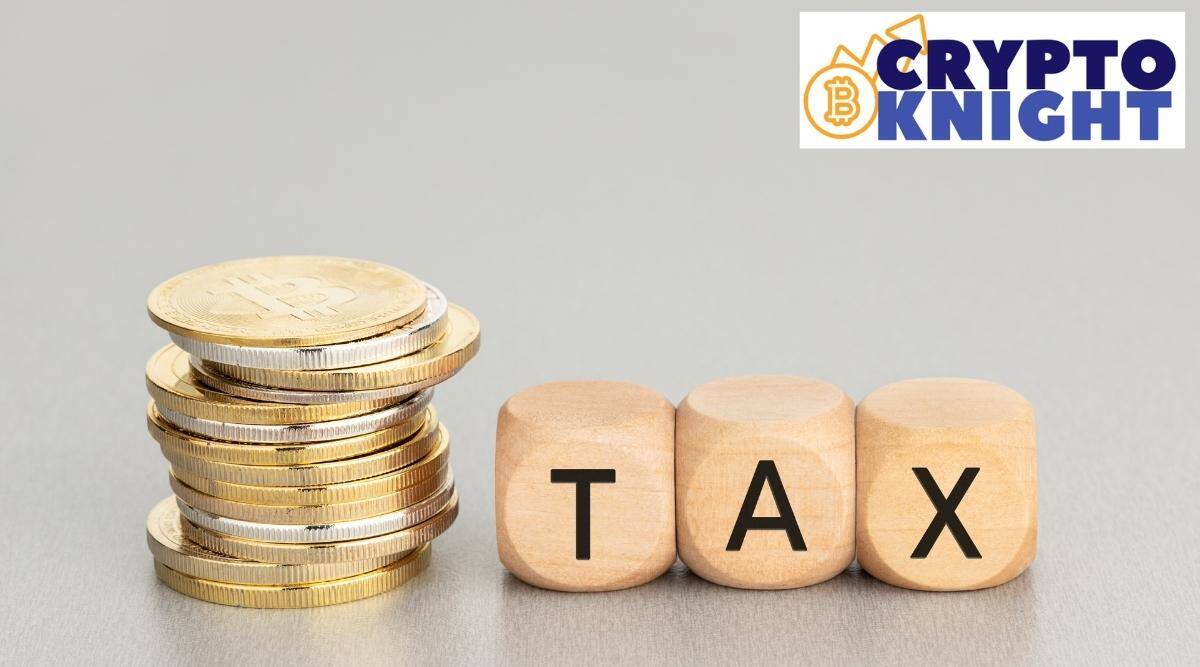Enquires@newsofbitcoin.com
From being called speculative products to ‘virtual digital assets’ (VDAs), cryptocurrencies have come a long way. From April 1, India introduced a tax on all VDAs. The law states that any income earned from the transfer of digital assets would be taxed at 30 per cent with no deductions or exemptions. This would apply to the gifting of digital assets as well.
This comes at a time when countries are trying different approaches to regulate cryptos, as more and more investors enter into this space, looking to earn quick profits. In today’s column, we take a look at how India and other countries regulate digital assets.
Understanding Crypto tax in India
Before we delve into crypto taxation laws around the world, it is important to understand how crypto tax works in India. In India, 30 per cent income tax is levied on income earned from the transfer of VDAs, including NFTs. “Taxpayers cannot set off losses arising from one VDA with the income from another VDA. The current income tax laws allow taxpayers to set off their long-term losses against long-term capital gains. However, this is not allowed for income arising from the transfer of VDAs,” said Advocate Ishan Kapoor, who works as a Special Counsel with law firms in Mumbai and New Delhi, advising on matters relating to policy regulation and crypto tax.
Kapoor explains that if you make a profit by transfer of Bitcoin (BTC) and a loss from the transfer of Ethereum (ETH), you cannot deduct the loss from the transfer of ETH from the profit by transfer of BTC. “You will have to pay a flat 30 per cent tax on the profits from the transfer of BTC,” adding that “losses from crypto transfer cannot be set off against any other income. So, investors cannot set off losses from the transfer of VDAs against income from the transfer of another physical asset such as property, or equity stocks or mutual funds.”
Further, losses from the transfer of VDAs cannot be carried forward to the next year. This means that losses from the transfer of VDAs cannot be set off against prospective future gains arising in subsequent financial year(s).
 Advocate Ishan Kapoor, works as a Special Counsel with law firms in Mumbai and New Delhi, advising on matters relating to policy regulation and crypto tax. (Photo: Ishan Kapoor)
Advocate Ishan Kapoor, works as a Special Counsel with law firms in Mumbai and New Delhi, advising on matters relating to policy regulation and crypto tax. (Photo: Ishan Kapoor)
Additionally, to bring VDA transactions under the financial reporting system, every crypto transaction is subject to a 1 per cent Tax Deductible at Source (TDS). A 1 per cent withholding tax on the entire transaction value for VDAs is proposed to be applied starting July 1, 2022. “This is expected to severely impact traders since it leads to capital locking and is likely to make day trading, margin trading etc. infeasible, given that such traders operate on wafer-thin margins,” Kapoor tells indianexpress.com.
What about other countries?
In the US, VDAs are treated the same as stocks. Any losses can be used to offset income tax from the transfer of VDAs with a maximum limit of $3000 and any further losses can be carried forward to the next financial year to be offset against any future gains. Short-term capital gain is taxed at the upper tax bracket based on the investors’ taxable income falls, and long-term capital gains (for VDAs held more than 12 months) are taxed at a much lower rate — 0 per cent, 15 per cent, and 20 per cent.
Similar to the US, VDAs in the UK are treated at par with stocks. If you buy and dispose of a VDA for personal investment purposes, you have to pay capital gains tax on the profit. The UK allows losses from the transfer of VDAs to be deducted from overall capital gains.
In Canada, cryptocurrency is viewed as a commodity, like a stock. If your crypto is taxed as income, you’ll pay Income Tax on the entire proceeds of a crypto transaction. If your crypto is taxed as a capital gain, you’ll only pay Capital Gains Tax on half of any profits of a crypto transaction.
Meanwhile, there are countries like El Salvador that have adopted Bitcoin as a legal tender. The country even announced a Bitcoin city for its residents where all transactions would happen via Bitcoin, thus, will be free from any property or capital gains taxes.
‘Crypto remains unregulated’
It should be noted that Union Finance Minister Nirmala Sitharaman has stated that taxing VDA transactions does not legitimise them. The Finance Bill 2022 defined VDAs in the newly introduced Clause (47A) under Section 2 of the IT Act, 1961. However, the market for VDAs in India remains unregulated.
“To legally recognise VDAs under the laws of India, it is essential that by way of legislation, the Central Government provides for definitions and classifications of different types of VDAs and regulates VDAs as a separate asset-class within themselves. This can be done by way of a separate enactment or by amending definitions under existing enactments (like the Securities and Contracts Regulation Act),” Kapoor notes.
All entities involved in the process of providing a platform for buying and selling of VDAs (i.e. exchanges, brokers) play the role of technology intermediaries. These intermediaries must be regulated under the law.
Read More: Crypto tax: How cryptocurrencies are treated in India and around the globe
Disclaimer:The information provided on this website does not constitute investment advice, financial advice, trading advice, or any other sort of advice and you should not treat any of the website’s content as such. NewsOfBitcoin.com does not recommend that any cryptocurrency should be bought, sold, or held by you. Do conduct your own due diligence and consult your financial advisor before making any investment decisions.






